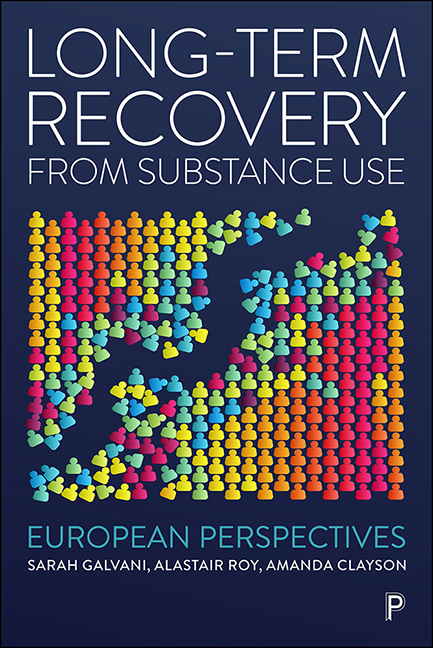14 - Conclusion: Critical reflections, theories and key messages
Published online by Cambridge University Press: 15 September 2022
Summary
A key strength of this edited collection is the diversity of experiences it reflects, both in the ways in which it explores how recovery has been adopted in seven different nations, as well as the ways in which recovery is experienced by a range of different groups of people. Many of the chapters are based on empirical research, and all make reference to the voices of people with lived experience. In this concluding section, we seek to consider some of the important elements of learning we, as editors, see emerging from it, as well as to identify issues and questions we see as requiring more attention in future research and writing on the subject. In the introduction we began by looking back at how the idea of recovery has become a central facet of policy and practice in many different national contexts in recent years. In this concluding chapter we reflect on the idea of long-term recovery, considering whether this collection of work manages to register anything distinctive about the ways in which this term is important and useful, and if using the language of ‘long term’ offers any new and important ways of considering and conceiving of recovery. Further, it draws out key messages from and for people with lived experience who were partners and/or participants in the empirical research the chapters are based on, as well as presenting implications for policy, practice and future research.
Looking back and looking forward
The fact that the language and idea of recovery has been adopted in so many different national contexts in the same era demonstrates just how persuasive and plausible the idea of recovery has proved to be as a seemingly new direction for substance-use policy and practice. The concept of recovery provides a compelling, positive and forward-looking approach to a future not negatively impacted by the excesses of substance use. Our critique and debate of it is not intended to dampen this positivity, we merely seek to unpack a concept that has been co-opted by so many different people and organisations, and to attempt to define what a long-term version of it is.
- Type
- Chapter
- Information
- Long-Term Recovery from Substance UseEuropean Perspectives, pp. 183 - 197Publisher: Bristol University PressPrint publication year: 2022



